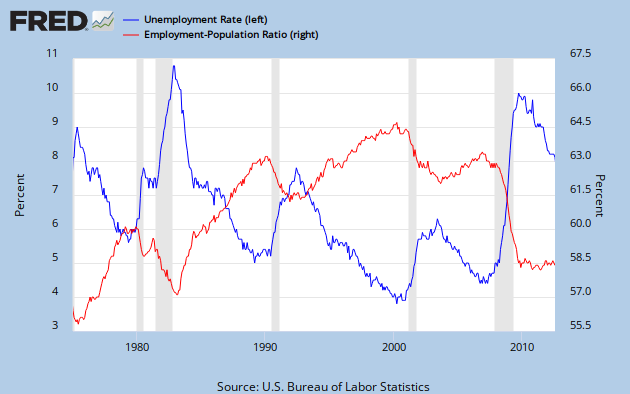That's oversimplifiying it.
The world is complicated. Only in a complicated world do we look at college graduates and say they don't know shit. (and truly mean that).
The skills that are necessary are developed through years of experience, education and knowledge.
I'll give you an anecdotal example
I work for a growing chemical company, we had to hire a Director of Safety/Quality because we needed more skills than the manager of Safety and Quality had. The manager had a B.S in chemistry, but we needed someone with a graduate degree, we also needed someone who was intimately familiar with government regulations (i.e. OSHA and the like)....at a level greater than anyone else in our organization had. There was no way we were going to be able to train anyone (even the S/Q manager) to have the skills that our Director has.
Obviously, that's very anecdotal, but those are the kinds of things that I see quite a bit.
Again, I'm not claiming this is the end all be all, or even the major cause of our underemployment but from my POV there seem to be a lot of jobs that companies are struggling to fill because they just can't find the right people.

